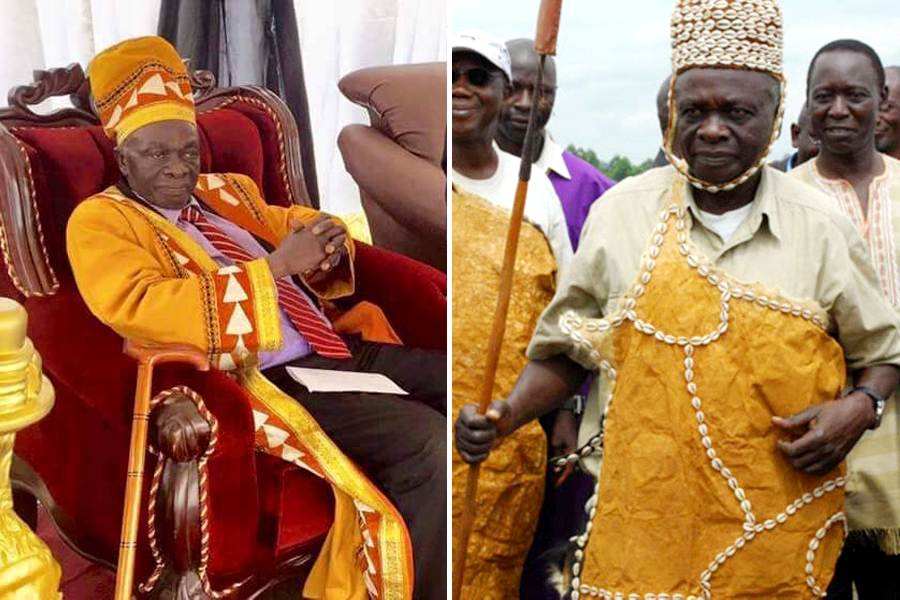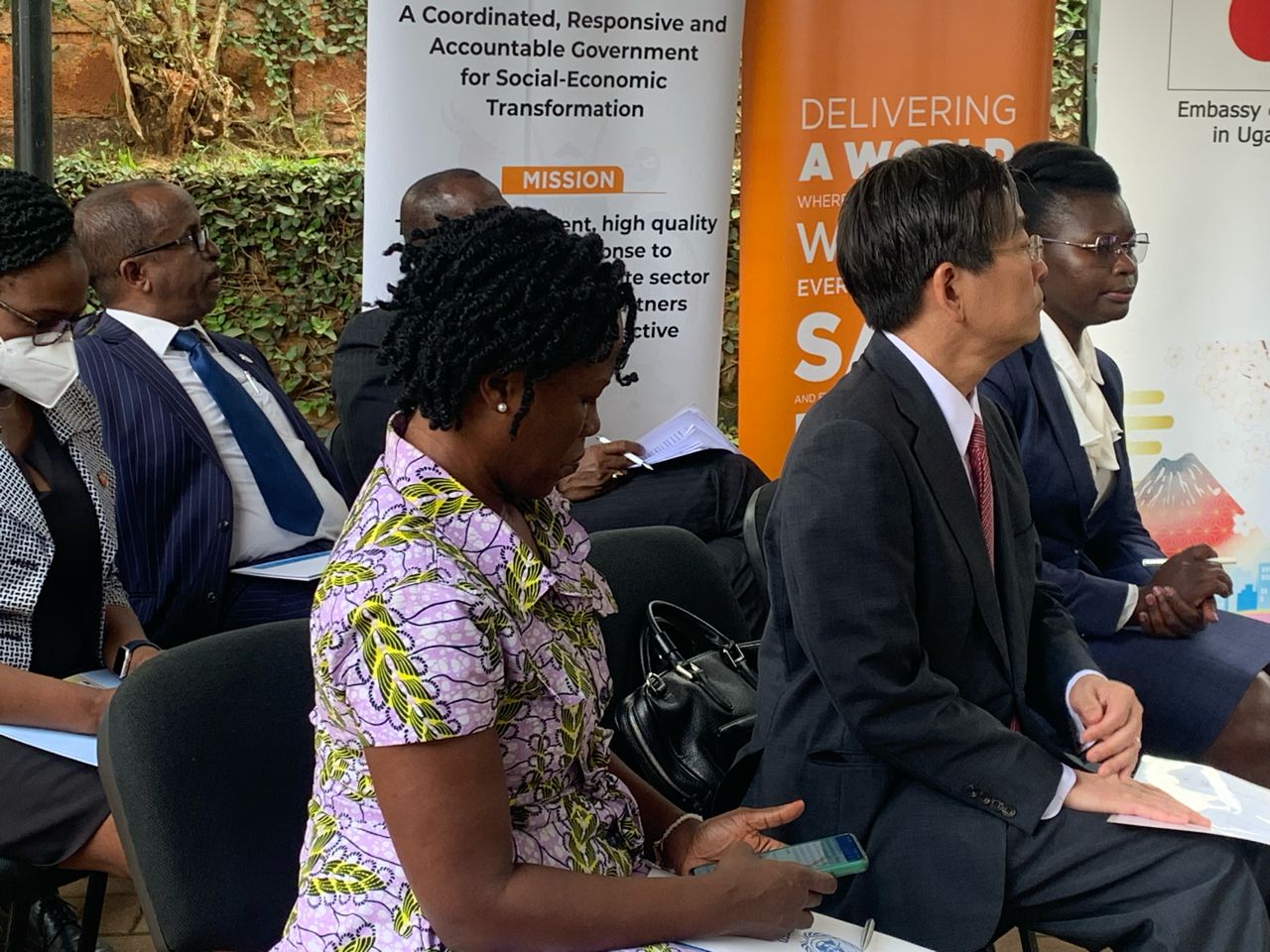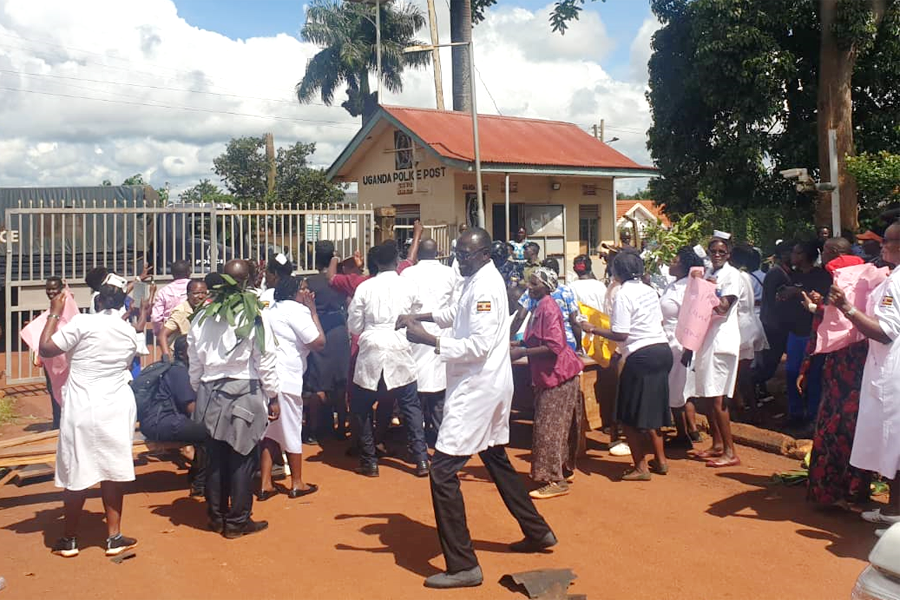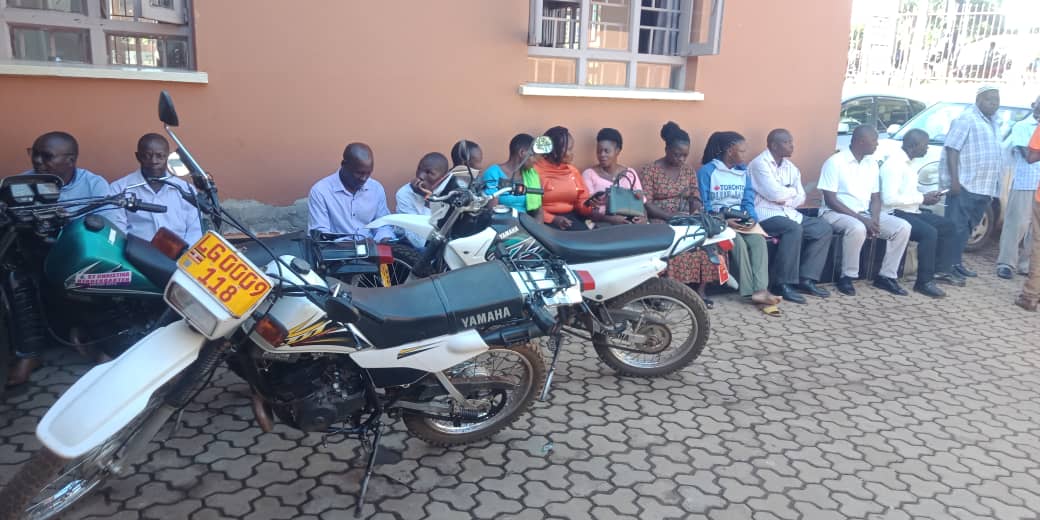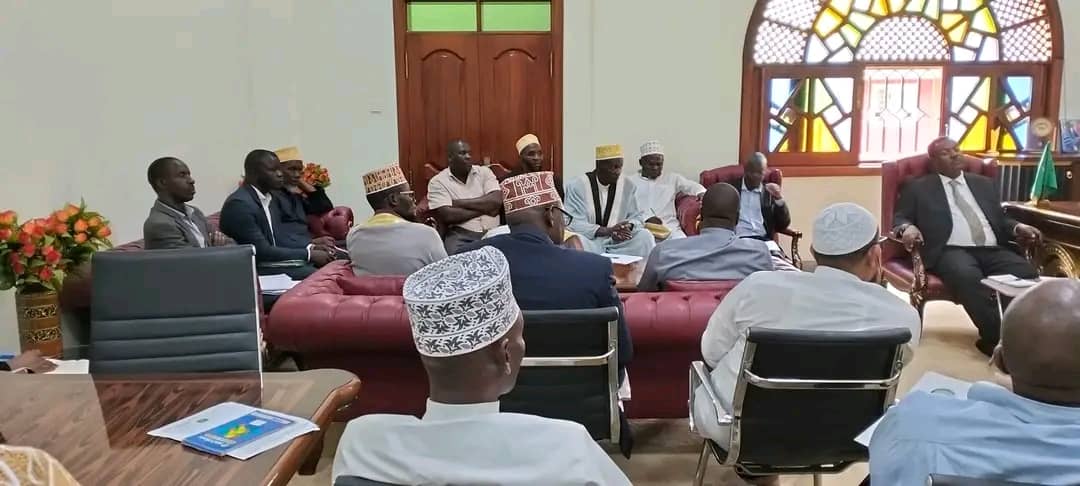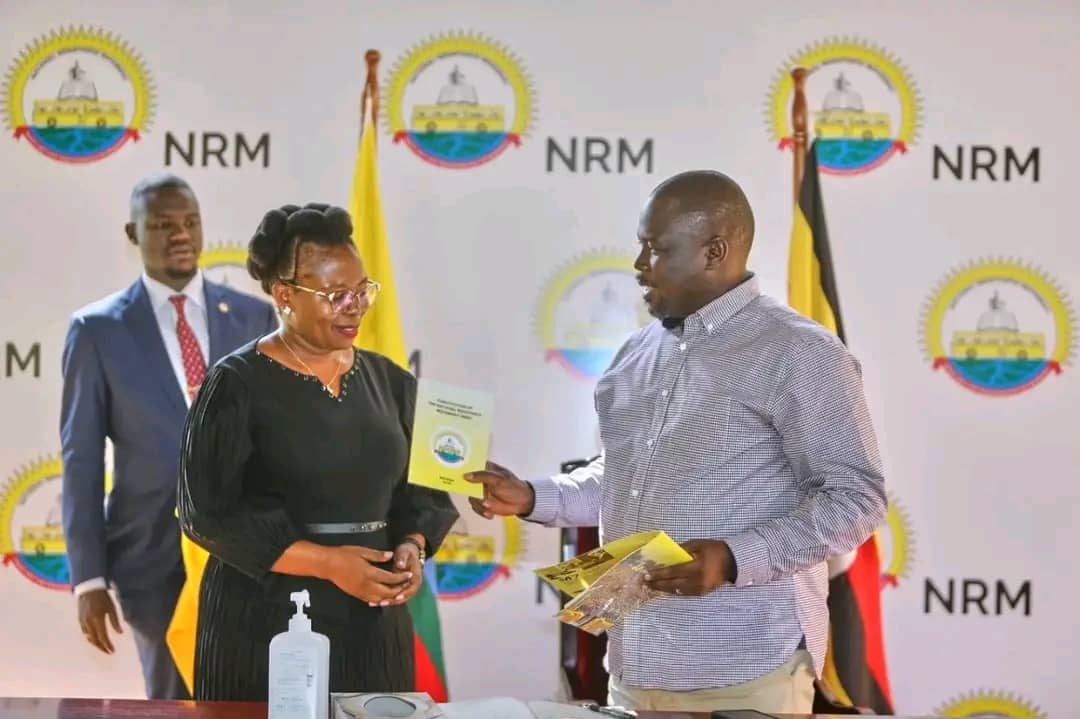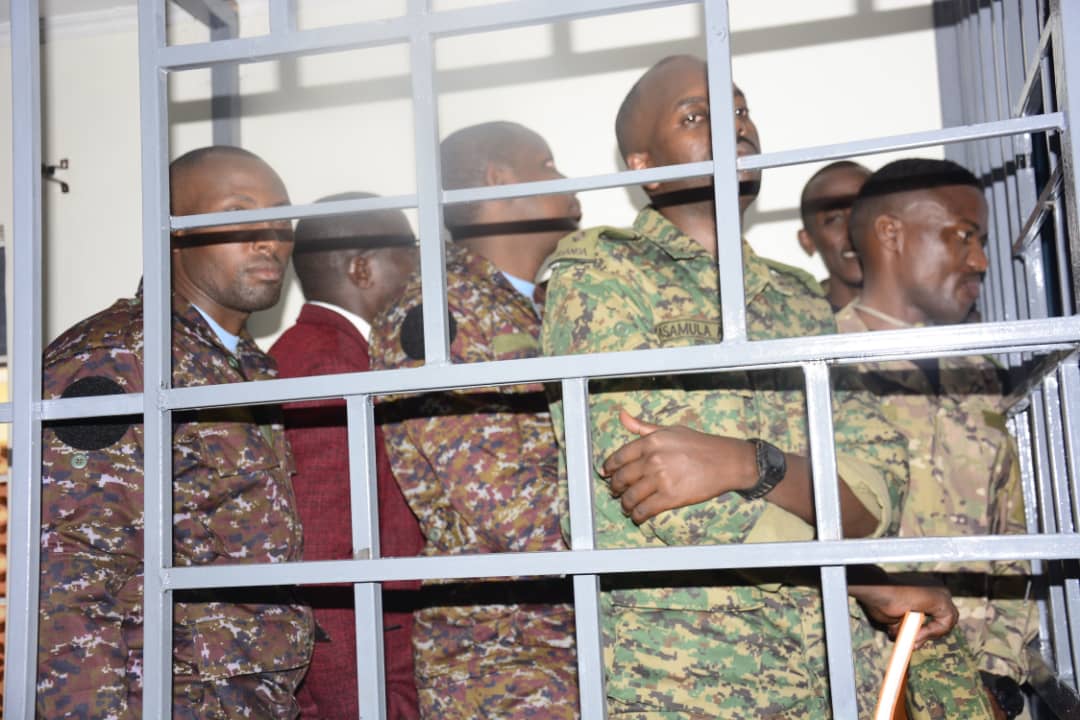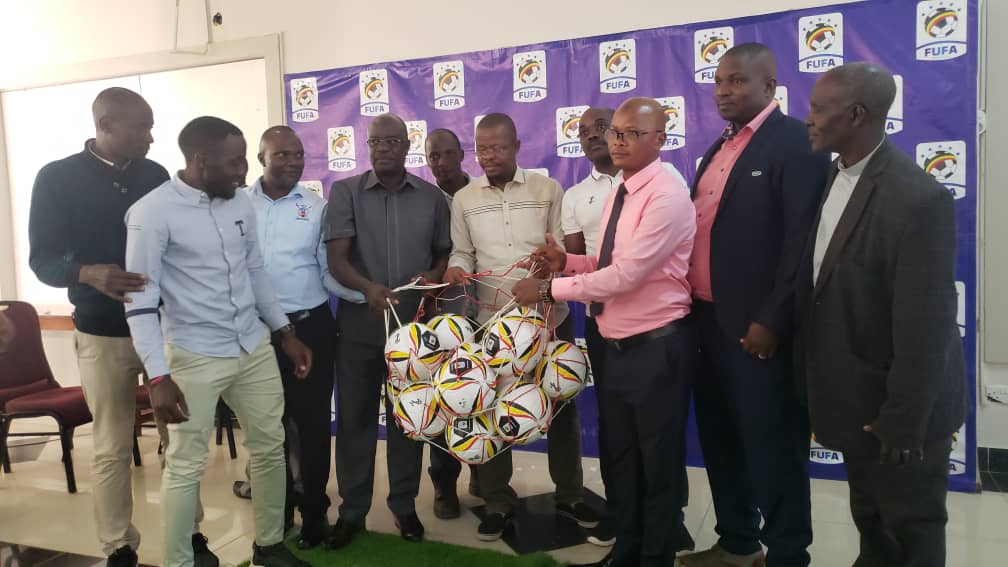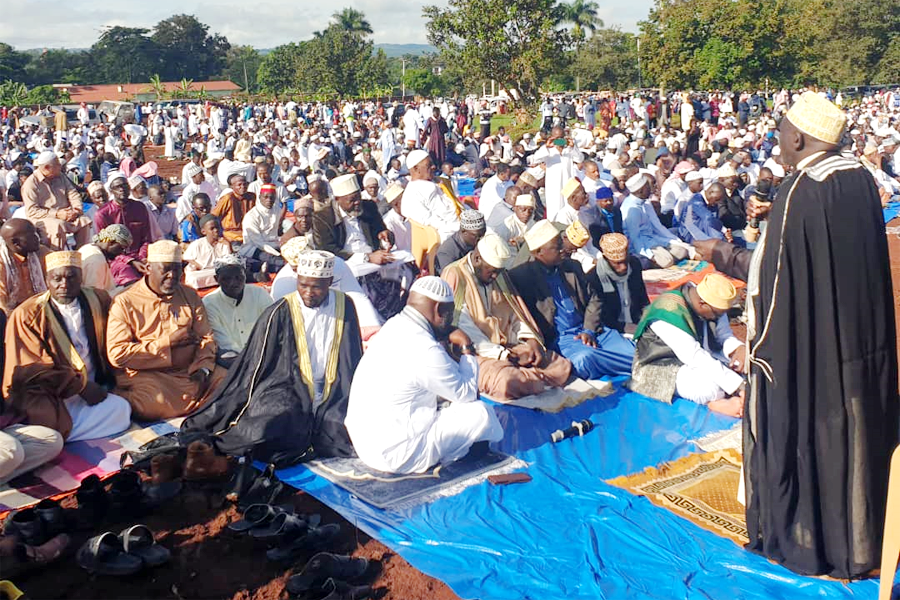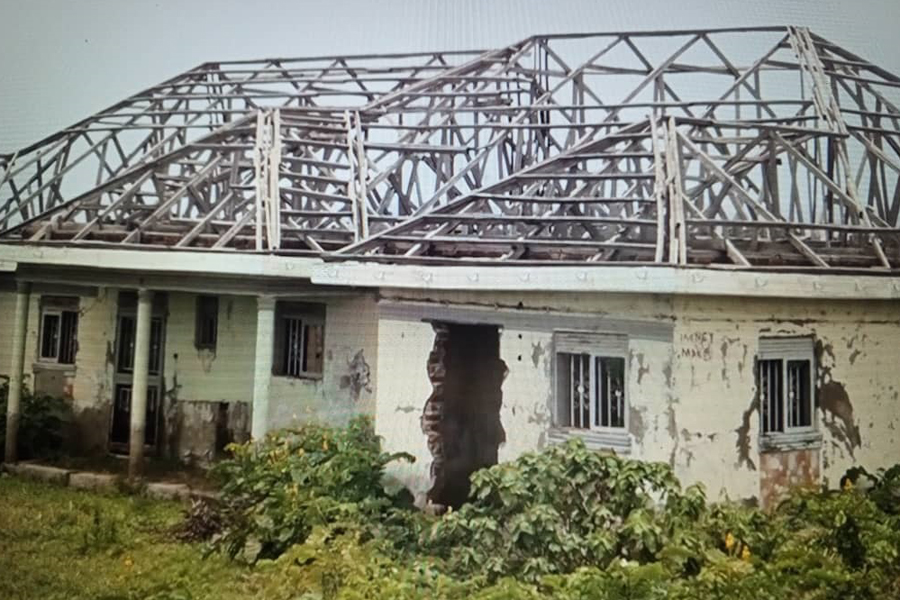Political leaders in Somalia agreed Thursday on a framework for long-delayed national elections, hoping to avert a crisis that could push the fragile Horn of Africa country into political violence.
The agreement signed by Prime Minister Mohamed Hussein Roble and the leaders of five regional states laid out a path to parliamentary elections to begin within 60 days.
Speaking at the signing ceremony, following four days of talks in Mogadishu, Roble said the government is committed to implementing the agreement.
“My government is reassuring to the country’s political stakeholders and to the Somali people that my government will hold free and fair indirect elections in line with this agreement,” Roble said.
“Of course, we are all responsible to ensure women get their 30% quota,” he added.
Roble has urged all state leaders to facilitate and implement the election framework.
Afyare Abdi Elmi, a professor of international affairs at Qatar University, said the agreement brings hope to Somalia.
“The leaders have solved and successfully fixed all the outstanding issues that delayed elections, including the composition of electoral and dispute resolution commissions and election procedures for Somaliland and Gedo regions and it is a promising political future for Somalia,” said Elmi.
Speaking on behalf of the international community members present at the ceremony, James Swan, the U.N. special representative for Somalia, praised the deal.
“The United Nations and Somalia’s international partners present here welcome the agreement,” Swan said. “We pay tribute to the Somali- led and Somali-owned process that produced this consensus,” Swan said.
The agreement comes after four days of heated talks in Mogadishu between the prime minister, representing the federal government, and the leaders of five federal member regional states and the administration of Mogadishu. It refurbished the agreement reached by the same leaders in September last year.
A walk back from the Brink
Somalia was scheduled to hold elections last year, but the polls never happened due to complications, political disputes, and continuous security threats by al-Shabab militants.
Talks for holding elections between the federal government and regional leaders began in March, but broke down in early April, as the two houses of parliament clashed on the status of President Mohamed Abdullahi Mohamed, known popularly as Farmajo.
Farmajo’s term had expired in February, but the lower house of parliament voted overwhelmingly to extend his term by two years, a move that sparked widespread opposition led by two former presidents and renowned political figures.
Mobilization of clan militias began, exposing divisions within Somali security forces, and Mogadishu witnessed violent clashes on April 25. The crisis raised fears that militant group al-Shabab could exploit a security vacuum if state forces split along clan lines and turned on each other.
Local and international pressure forced Farmajo to ask the lawmakers to cancel the presidential term extension, leading to a consultative national meeting led by the Somali prime minister.
“This agreement has saved the country from easily slipping into deadly chaos,” said the president of Puntland state, Said Abdullahi Deni, one of the signatories of Thursday’s agreement.
Briefing the U.N. Security Council on Somalia Wednesday, Swan warned that without a political consensus, Somalia’s political gains would be in danger.
“Without such an agreement, and the goodwill and sincerity to implement it, the gains which have been made in recent years may be reversed, risking further instability and insecurity,” said Swan. “Somalia has come back from the brink of this worst-case scenario.”
Source: VOA


